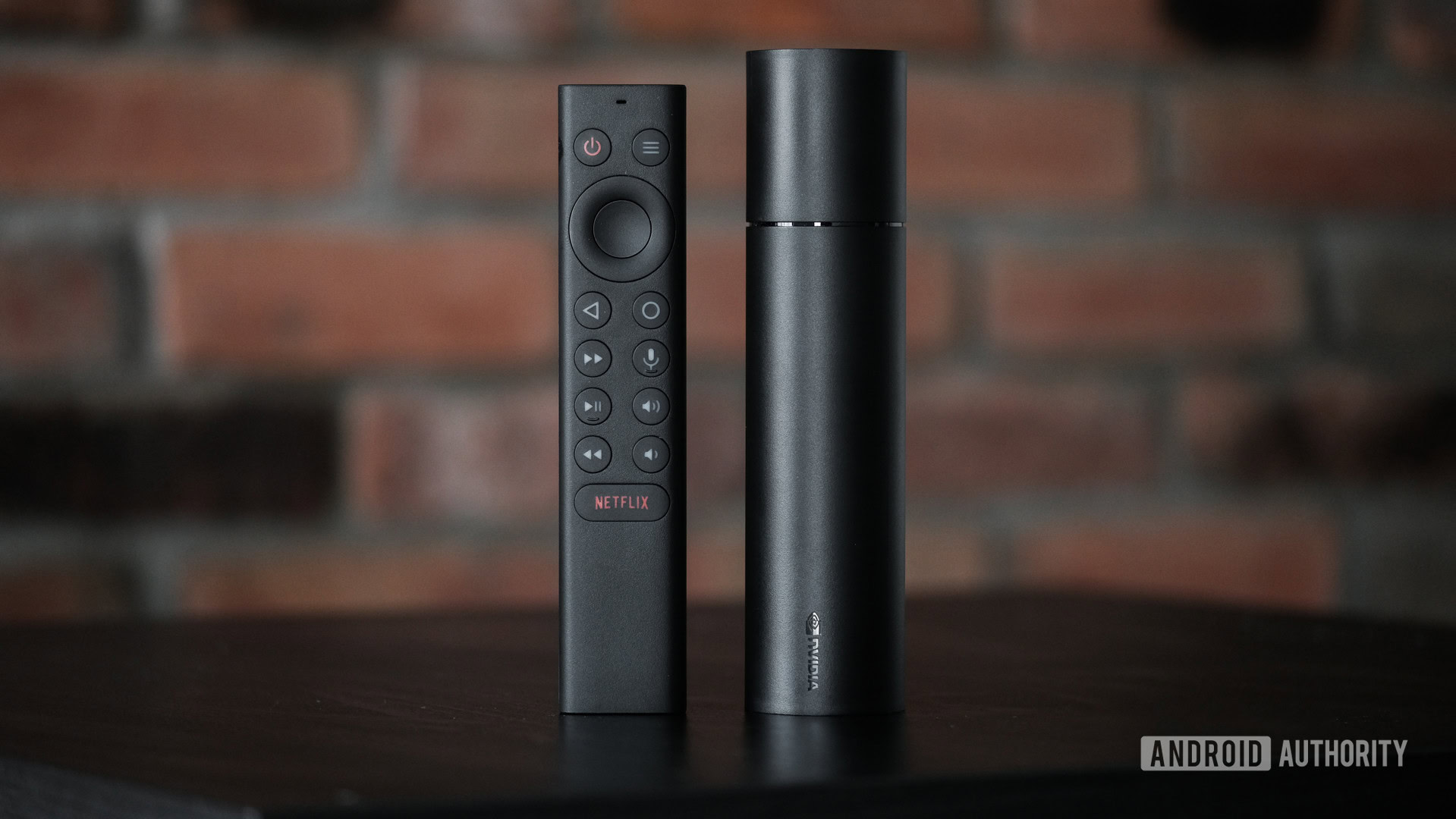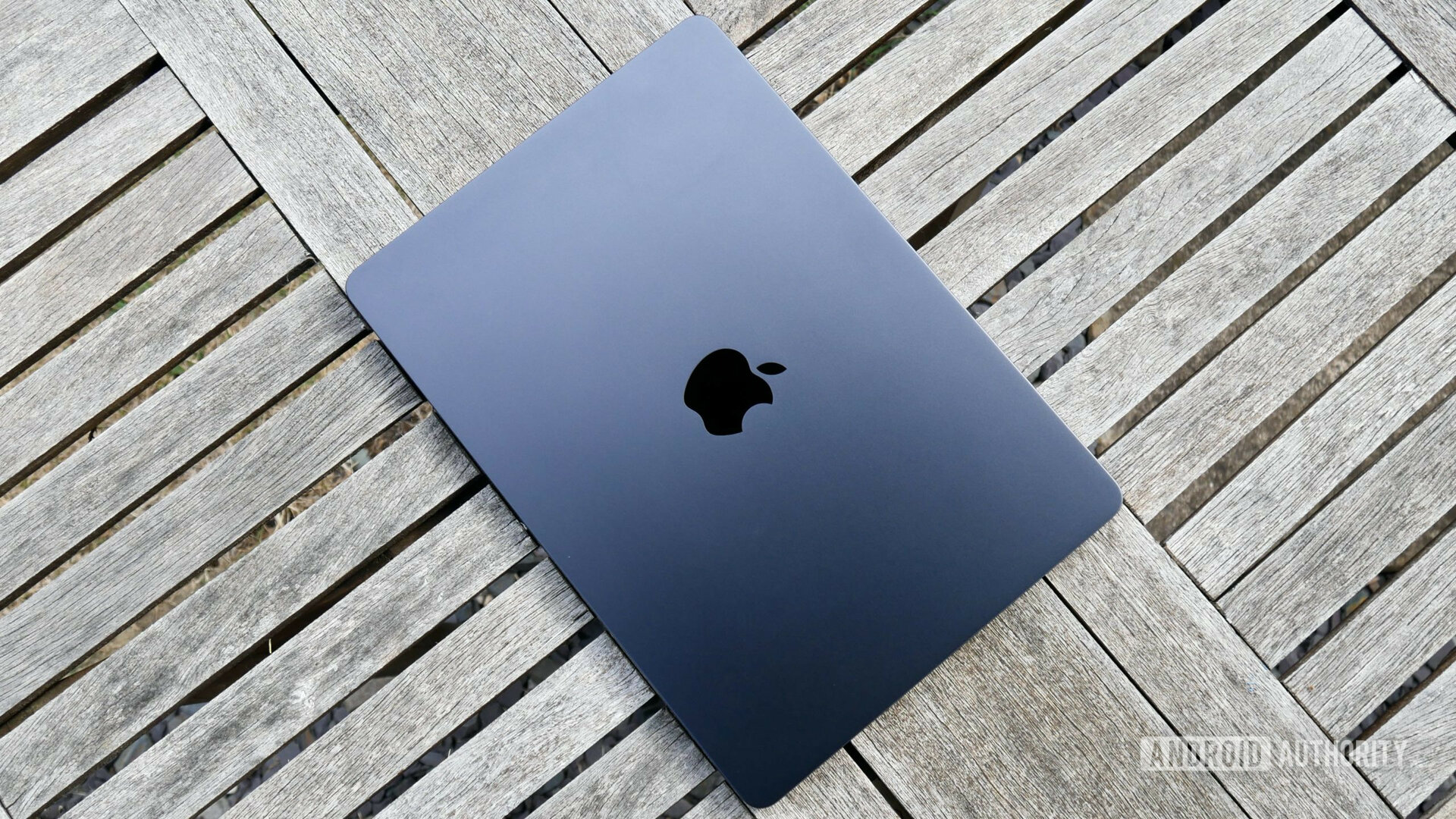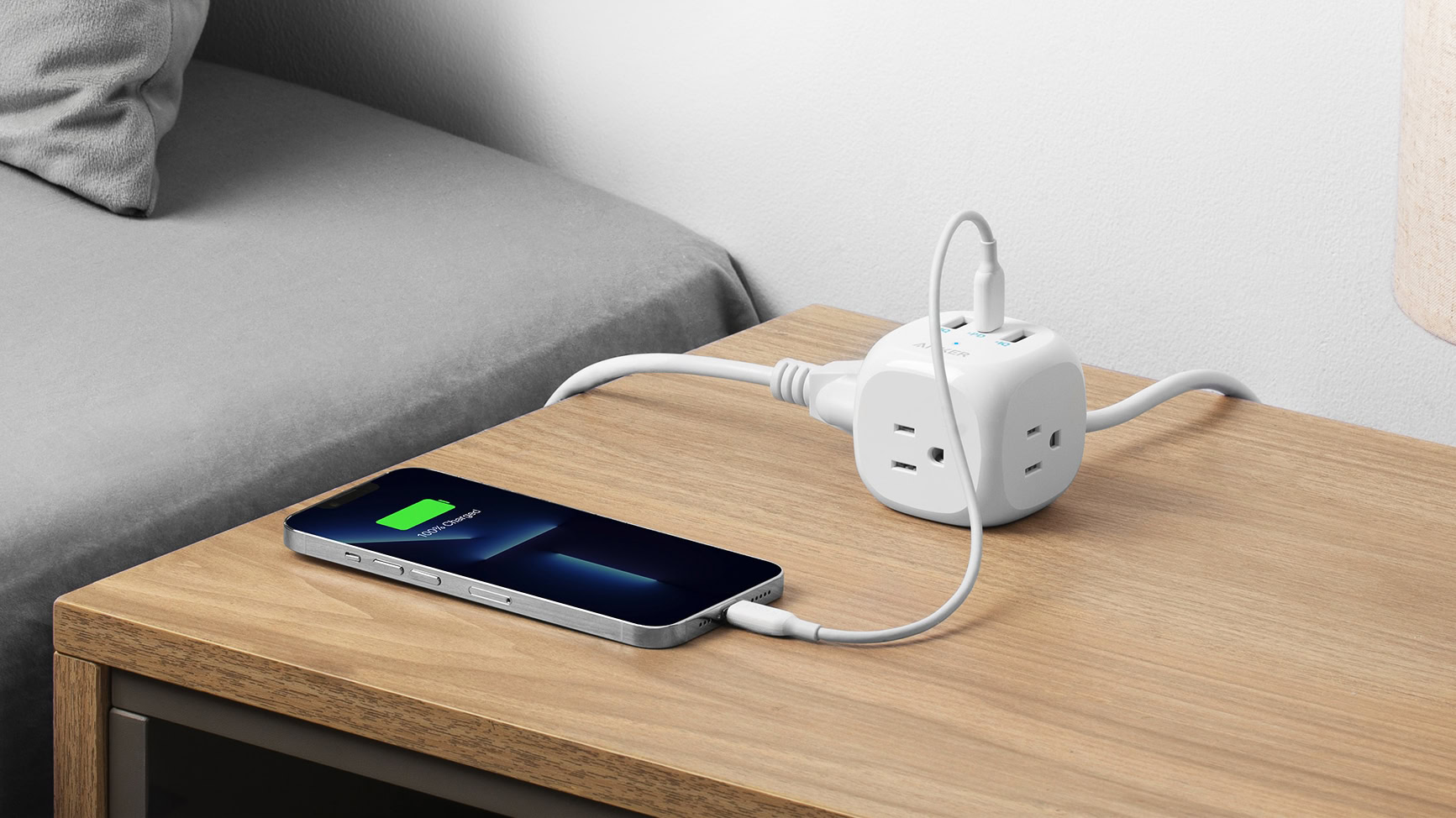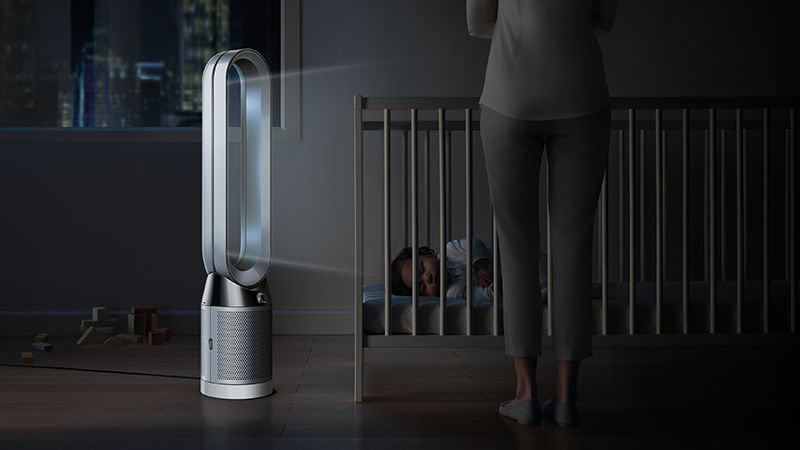
I’ve owned an NVIDIA Shield TV streaming box since early 2020, and it was a fantastic experience for the first couple of years. This was largely due to a steady stream of updates (until the last year or two), plenty of features, and good performance.
Unfortunately, my Shield TV hasn’t received updates in a long time. But an even bigger problem was the fact that performance degraded to horrible levels in the last 12 months or so. So, I went back to the most basic tech trick ever to fix it.
Does your Android TV box suffer from performance issues?
0 votes
Android TV and iffy long-term performance
It’s not uncommon for Android TV boxes to see a major drop in performance over time, owing to their modest specs to begin with. However, my Shield TV tube was on another level when it came to performance degradation, despite its slightly above-average specs.
The biggest issue I had with the box was massive lag. Simply navigating system menus, Prime Video, and Netflix became a huge pain. It got to the point where there was as much as ten seconds of lag between tapping a button on the remote and seeing the action take place on the screen. That’s not an exaggeration, by the way. Another major problem I had with my Shield TV was extremely juddery video playback in the aforementioned streaming apps.
Multi-second lag and juddery video playback were ruining my Shield TV experience.
All of this made for a truly frustrating experience in the last year or so, particularly in the last couple of months. I tried clearing the cache of various apps to no avail. Reboots didn’t work, either. My next path of action was a tried-and-tested solution. I decided to factory reset my Shield TV.
An obvious but helpful solution

The thought of having to set things up again initially deterred me from a factory reset. After all, signing in to apps via Android TV can be a tedious process. But I reached the end of my tether and decided to just go ahead and wipe the Shield TV earlier this month.
I had enough foresight to store APKs on my Shield TV’s microSD card for apps that I sideloaded (e.g. streaming apps that aren’t available in my region). But perhaps one of the more notable revelations was that signing into these apps wasn’t a major pain at all. I’d totally forgotten that many streaming apps now let you sign in to the TV app by entering a code on your phone instead of manually typing credentials. This included Netflix, YouTube, Prime Video, and more. It’s clearly been a while since I’ve set up an Android TV box.
I still needed to set up streaming over the local network via VLC media player (Plex stopped working for me for some reason), but I could always log into my Shield TV from the Windows file explorer to transfer files if need be. For now, I’m 90% of the way there as far as my setup and restore processes are concerned.
Newsflash: Resetting a buggy tech product might fix those bugs.
What about the all-important performance, though? Now that the dust has settled, I’m glad to report that performance has improved in a big way. I still see the occasional jitter and rare bout of lag, but it’s a far cry from just a few weeks ago. Needless to say, you might want to factory reset your own Android TV box if it’s suffering from major performance issues. It’s not a silver bullet by any means, but it’s an obvious, time-tested option that can really make a big difference.








 English (US) ·
English (US) ·